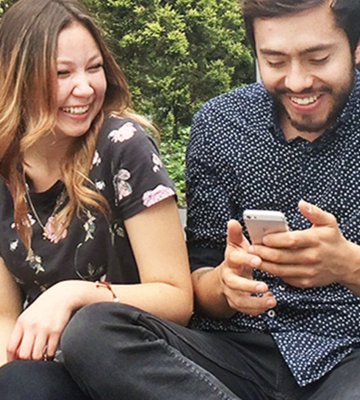
Discourse analysis applied to english language teaching in Colombian contexts: theory and methods
By moving away from instrumental views of language, the book Discourse Analysis Applied to English Language Teaching in Colombian Contexts: Theory and Methods situates the teaching and learning of English as a foreign language along a broader spectrum of socio-culturally elaborated discursive dynamics.
To offer this complex and multifaceted perspective, it presents five discourse studies informed by diverse methodologies, and aims to provoke further and deeper considerations around the issue of English teaching and learning in Colombian contexts.
INTRODUCTION
CHAPTER ONE
CLASSROOM DISCOURSE ANALYSIS: OUTLINING THE FIELD
Harold Castañeda-Peña
About the Author
Introduction
Classroom language viewed as discourse
Discourse analysis in general educational settings
Discourse analysis in foreign and second language educational settings
Summary and discussion
CHAPTER TWO
EXPLORING PRAGMA-GRAMMATICAL ROLES OF “DO” IN EFL STUDENTS’
SPOKEN PRODUCTION
Wilder Escobar
About the Author
Introduction
Theoretical Framework
Research Design
Data Analysis
Do in Speech Markers and Conversation Fillers
Common Socio-cultural Conventions within an Interpretive Community
Forms and Functions of Agreement and Disagreement
Word Associations
Conclusion
CHAPTER THREE
DOING RESEARCH ON CLASSROOM INTERACTION: APPROACHES, STUDIES AND REASONS
Edgar Lucero
About the Author
Introduction
Language Classroom Interaction
Research on Language Classroom Interaction
Three Research Works in Language Classroom Interaction
Implications of the Three Research Works
Why Doing Research on Language Classroom Interaction?
Further Research
CHAPTER FOUR
UNVEILING THE MASKED MEANINGS OF CLASSROOM INTERACTION:
A CRITICAL ANALYSIS TO CLASSROOM DISCOURSE
Carolina Gómez
About the Author
Introduction
Theoretical framework
The Concept of Identity
Construction of Identity
Language and identity
Identity as language learners
Classroom interaction
Research Methodology
Instruments for data collection
Research approach
Methodology for data analysis
Results of the research experience
Conclusions
CHAPTER FIVE
FROM UNDERDOGS TO IMPORTANT SPEAKERS: UNVEILING LANGUAGE LEARNERS’
IDENTITIES THROUGH PEER-APPROVAL DISCOURSES
Lorena Caviedes
About the Autor
Introduction
Language, Identity and Discourse: Theoretical Concepts
Method
Instructional design
Findings
Conclusions
Further Research
CONCLUSIONS
REFERENCES







